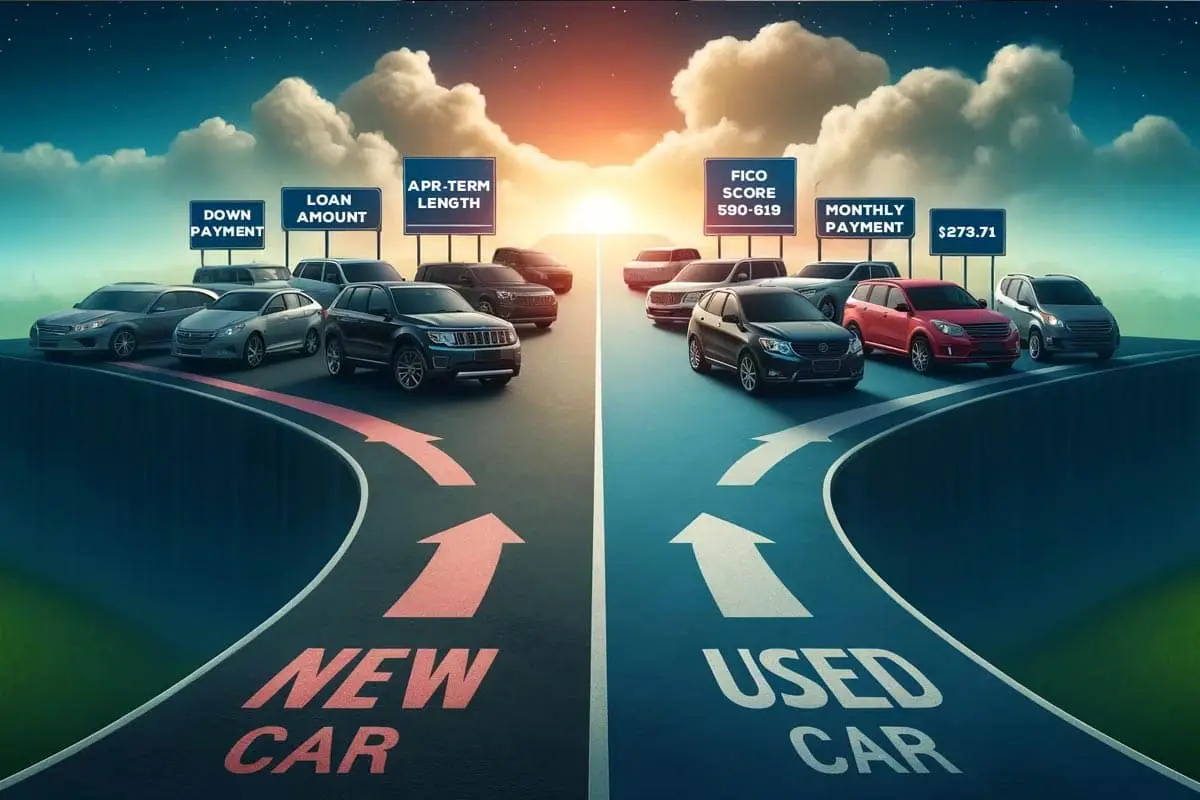I recently had the pleasure of attending the Sustainable Brands ‘22 conference in San Diego, California. Joined by my colleagues Tess Riley and Matt Rosenfeld, it was an informative event with the team attending speaking sessions that left us inspired to implement new ideas that drive innovation through positive environmental impact.
The discussions at Sustainable Brands ‘22 centered around the need to “recenter and accelerate.” Speakers referenced an increased urgency for businesses to pivot towards more sustainable principles and to continue to create a new status quo that encourages action in the best interests of our environment.
The Speakers
Opening speakers included William McDonough, the famed pioneer of the cradle-to-cradle design movement, and Janine Benyus, a leader in biomimicry education and design. Their remarks touched on the importance of recognizing the profound ties we have to our natural environment, and how we can take inspiration from nature’s capacity for adaptation and regrowth.
Speakers from organizations such as PricewaterhouseCoopers (PwC), Tide, Visa, Logitech, Cascade, Burt’s Bees, and Grove Collaborative spoke on several different topics. PwC, for example, explored the importance of environmental, social, and governance (ESG) practices for businesses, and how they can play a part in brand perception and reputation. Other organizations shared stories in which they engaged consumers and internal stakeholders in efforts to reduce the environmental impact of their products by reducing CO2 emissions and plastic usage, and nudging consumers towards more sustainable behaviors.
Speakers from public relations firm Porter Novelli presented a collection of consumer research that demonstrated both the barriers and opportunities to consumer engagement in sustainability. Among these findings was the idea that consumers would be more likely to make sustainable changes in their purchasing behavior if they knew the degree to which they would positively impact the environment.
Sally Uren of sustainability non-profit Forum From the Future gave a speech that challenged listeners with the idea that “where we see problems, let’s see potential.” This sentiment harkens back to Rubicon’s mission to end waste by working with our customers and partners on waste reduction and recycling.
—
Sustainable Brands ‘22 was a great opportunity to build connections with individuals and organizations with a common set of goals. We had the opportunity to hear leaders across various industries share thoughts and ideas that will drive innovation in the years to come.
Emily Roberts is a Sustainability Analyst at Rubicon. To stay ahead of Rubicon’s announcements of new partnerships and collaborations around the world, be sure to follow us on LinkedIn, Facebook, and Twitter, or contact us today.

/cdn.vox-cdn.com/uploads/chorus_image/image/62810996/Amm_DeepSentinel_01.0.jpg)

More Stories
TheyDo fires the starting gun on the race to own the customer journey • TechCrunch
How To Develop Buyer Personas: A Crash Course
stocks to buy: 2 top stock recommendations from Aditya Agarwala